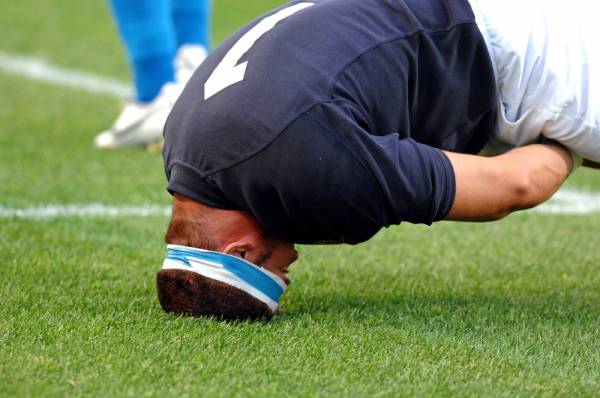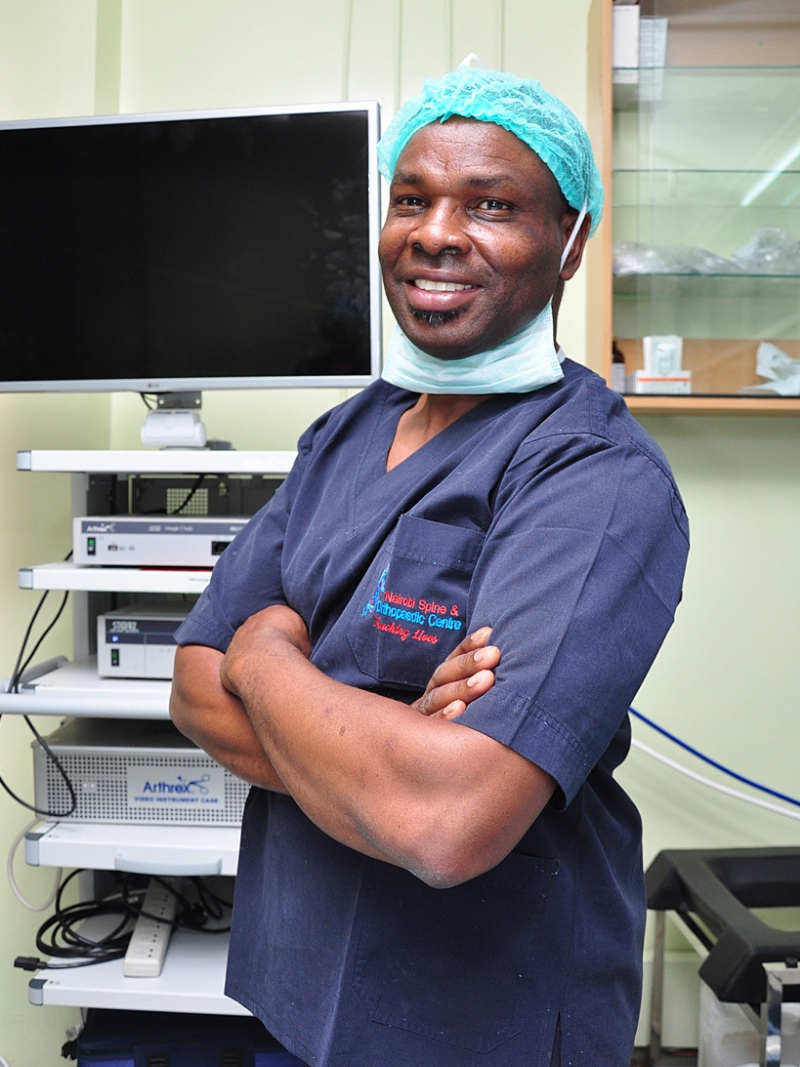Do you require any assistance? Simply reserve your appointment online below
Failed back surgery syndrome
Leading experts in spine surgery and joint replacement
For most spine doctors, pain management experts and patients suffering with back pain, surgery is always the last option. But when it’s required, surgery can offer a very promising end your suffering.
Even when the nerves get bound up in scar tissue you still have options. Exercises are always included in any treatment of ongoing back pain post surgery. Those exercises eventually free up the nerves from the binding scar tissue that built up in those first critical weeks of recovery. Medications and pain management techniques also help you get through .
A condition called “failed back syndrome” may be the cause of your continued pain following back surgery, even after what doctors consider to be a successful surgery. The failure may not necessarily be due to the actual procedure, which may have accomplished its goals, but in the fact that you still have pain.

Possible reasons for back pain after surgery

Failed back surgery symptoms may vary from person to person. Below are some of the common signs and symptoms
Epidural fibrosis: When scar tissue forms right on top of the nerve roots
Arachnoiditis: Inflammation of the sensitive membranes that surround and protect the spinal cord nerves
Fusion failure: When you place excessive pressure on your back through extreme motion; if you take too many anti-inflammatories;
or if there was a poor placement of the rods or screws used in your back surgery
Technical problems: When the surgery was performed on the wrong level; a nerve was severed; or a piece of a protruding disc was left intact
Other causes of FBSS and continued pain after surgery
In addition to the above-mentioned cause of failed back surgery syndrome, there are several other potential causes of a failed surgery, or continued pain after surgery:
Fusion surgery considerations (such as failure to fuse and/or implant failure, or a transfer lesion to another level after a spine fusion, when the next level degenerates and becomes a pain generator)
Lumbar decompression back surgery considerations (such as recurrent spinal stenosis or disc herniation, inadequate decompression of a nerve root, preoperative nerve damage that does not heal after a decompressive surgery, or nerve damage that occurs during the surgery)
Scar tissue considerations (such as epidural fibrosis, which refers to a formation of scar tissue around the nerve root)
Postoperative rehabilitation (continued pain from a secondary pain generator)
Rehabilitation considerations after Back surgery
After spine surgery, careful follow-up and rehabilitation is very important. If there is continued pain after surgery despite adequate time to heal and rehabilitate, then further workup may be warranted to find if there is a new lesion or a different type of problem that could contribute to the patient’s pain.
Failed back surgery syndrome is really not a syndrome, and there are no typical scenarios. Every patient is different, and a patient’s continued treatment and workup need to be individualized to his or her particular problem and situation

You are in Great Hands
Treatment of Failed back Surgery syndrome

Exercise, Physical Therapy, Rehabilitation .Intensive physical therapy and exercise programs are commonly prescribed for FBSS patients. Physical rehabilitation and behavioral modification, in general, may help maintain or increase the patient’s functioning.
Active exercise modalities may be utilized, along with interventional techniques such as SCS, in order to maximize function, reduce medications, and improve the ADLs and QoL.
Medications. There is no “gold standard” for medication treatment of FBSS. Although many FBSS patients are treated with medications, Anticonvulsants and antidepressants are frequently used for FBSS with a neuropathic pain component. Gabapentin has shown promise in reducing pain and improving function.
Surgical Options and Reoperation.
Reoperation is likely to be considered when there is an obvious concordant anatomical and clinical source for symptoms. Some patients will likely benefit from reoperation,
Spinal Cord Stimulation.
Spinal cord stimulation SCS may offer more effective, safer long-term pain management for FBSS patients.
As SCS has fewer complications and no medication-related side effects.
Another significant advantage SCS is the option to trial the therapy for several days with a simple percutaneous needle delivery of electrodes (SCS) or a catheter (IDDS) before undertaking a permanent implant.

